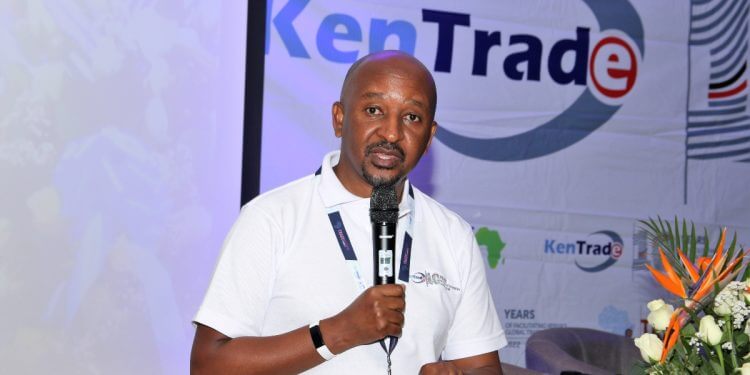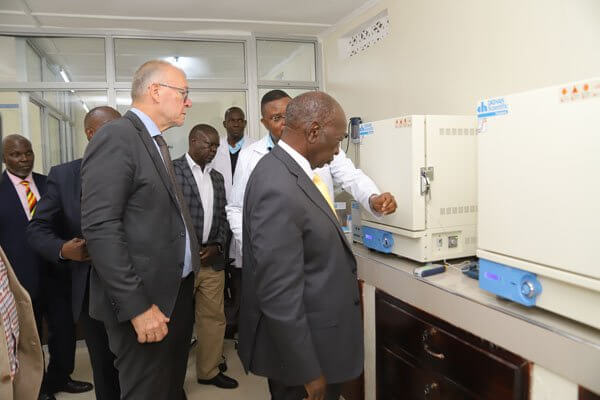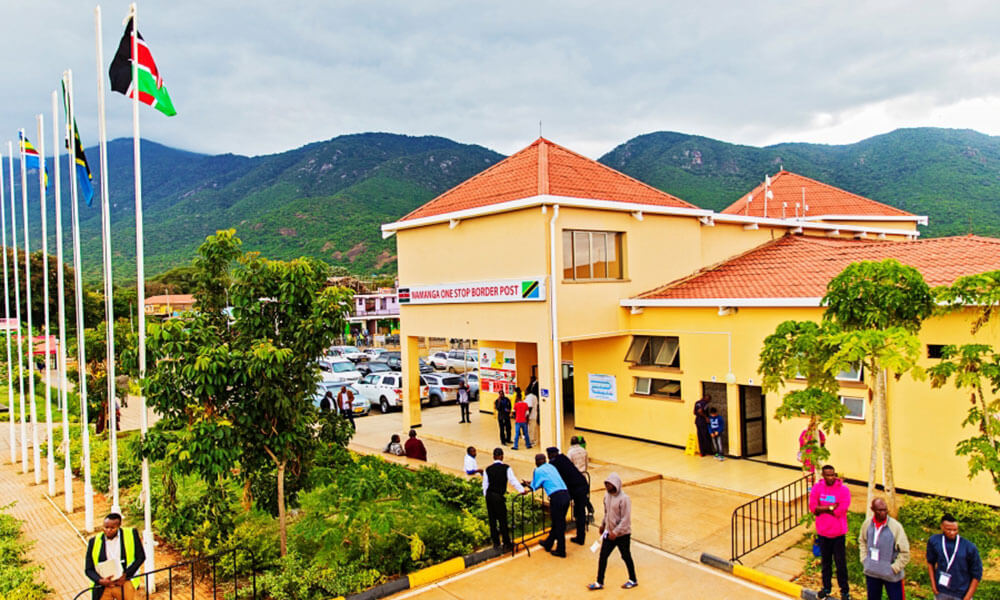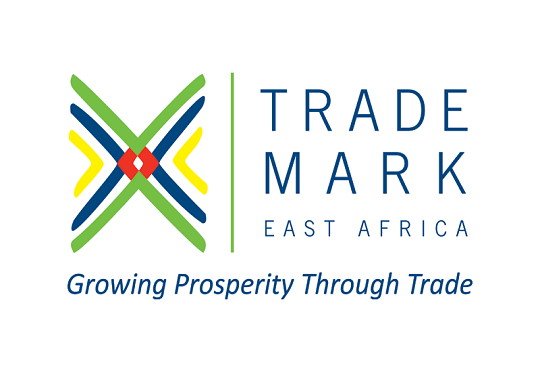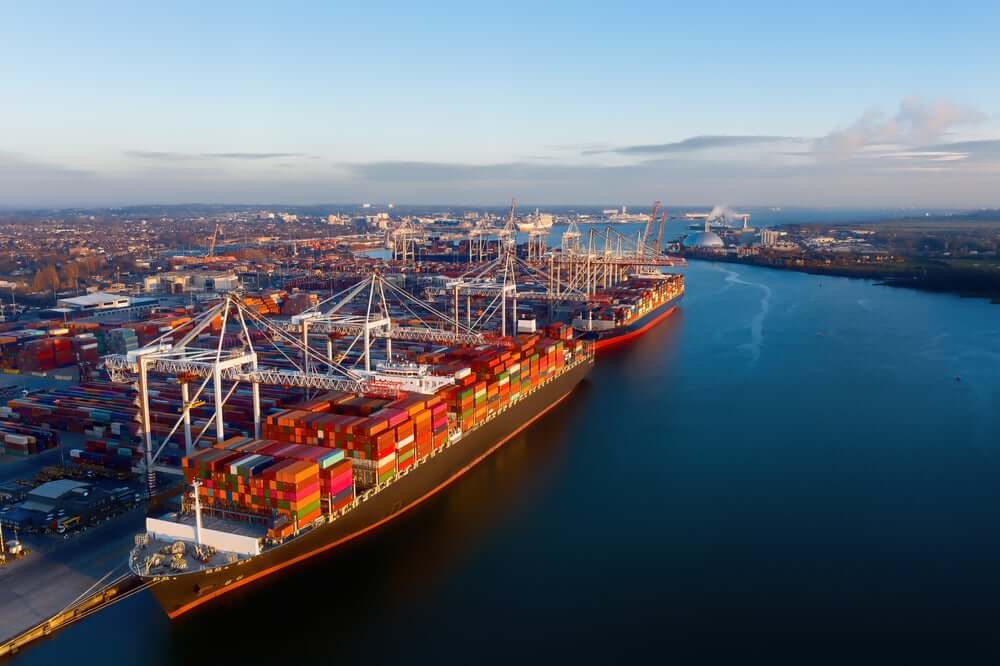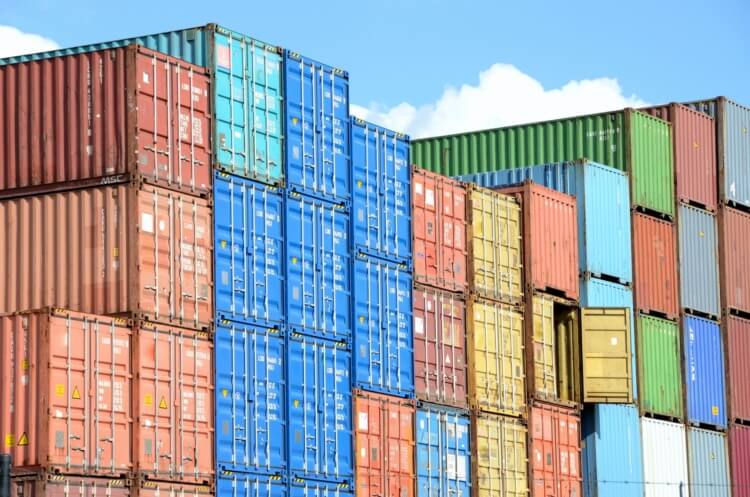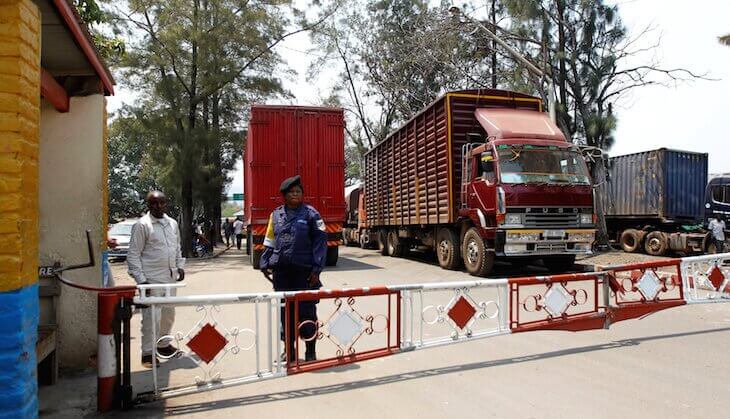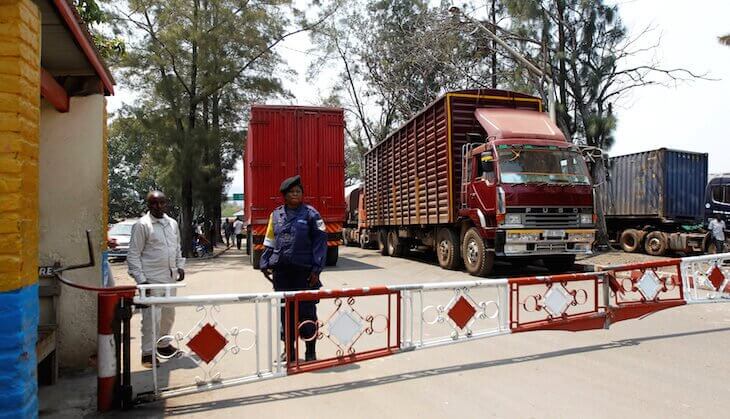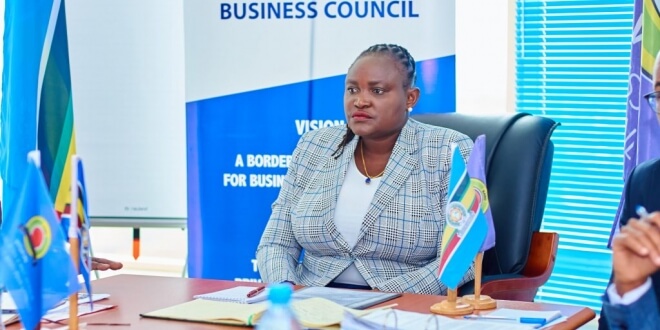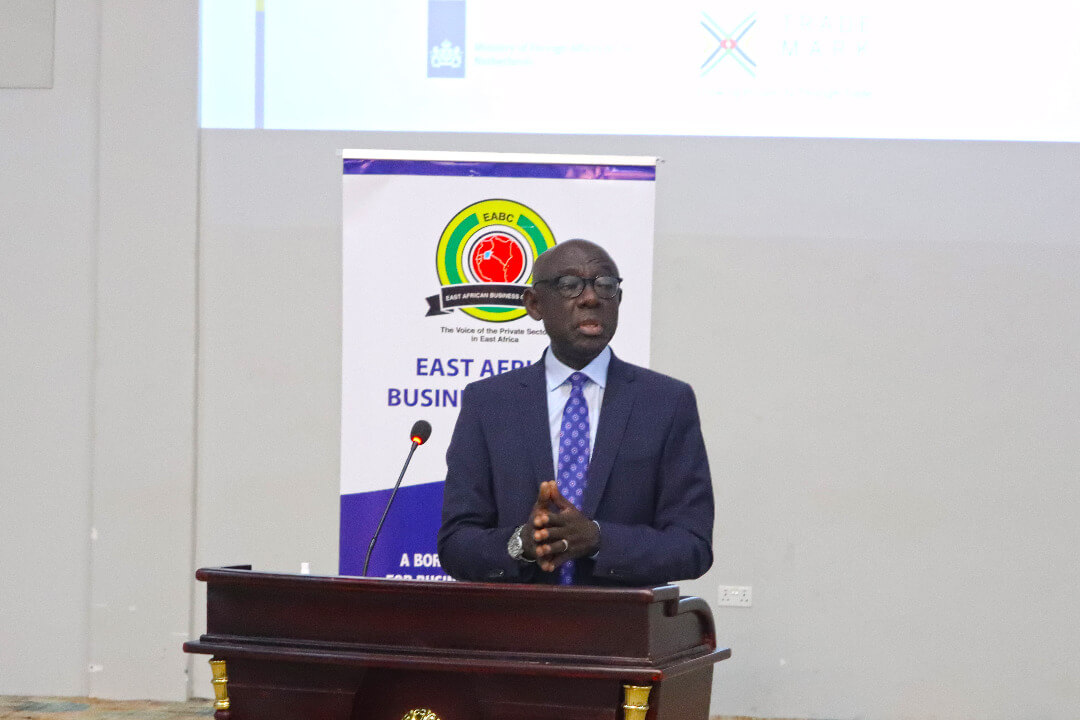Kenya Trade Network Agency (KenTrade) has embarked on a sensitisation programme targeting insurance companies to integrate them into the upgraded Trade Facilitation Platform (TFP) KenTrade’s newly upgraded platform is aimed at enhancing maritime trade efficiency It will also ensure faster processing of documents and claims, thus leading to a reduction in the cost of doing business and a subsequent improvement in service delivery standards Kenya Trade Network Agency (KenTrade) has embarked on a sensitisation programme targeting insurance companies to integrate them into the upgraded Trade Facilitation Platform (TFP) to enhance maritime trade efficiency. KenTrade ICT Director Anne Waweru said the integration of insurance companies’ systems with TFP will ensure a seamless submission of the marine cargo certificate to regulatory agencies. It will also ensure faster processing of documents and claims, thus leading to a reduction in the cost of doing business and a subsequent improvement in service delivery standards. “This forum hopes to sensitise the maritime and insurance industry players on our role in facilitating trade in the country while emphasising the Trade Facilitation Platform, which incorporates insurance services through the Maritime Single Window System,” Waweru said. The Trade Facilitation Platform is a superior platform that provides a better user experience, as it is based on modern technologies and incorporates the best international practices and standards. Since the TradeNet System was upgraded, six insurance companies have been fully integrated with the Trade Facilitation Platform. The Insurance Act 2020 contains a directive by the government that requires shippers to procure Marine...
KenTrade eyes insurance companies in maritime trade with upgraded digital platform
Posted on: October 3, 2022
Posted on: October 3, 2022

